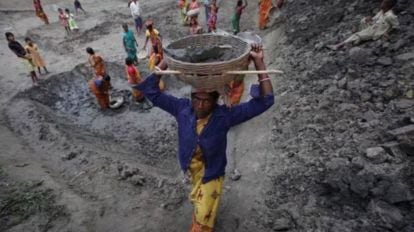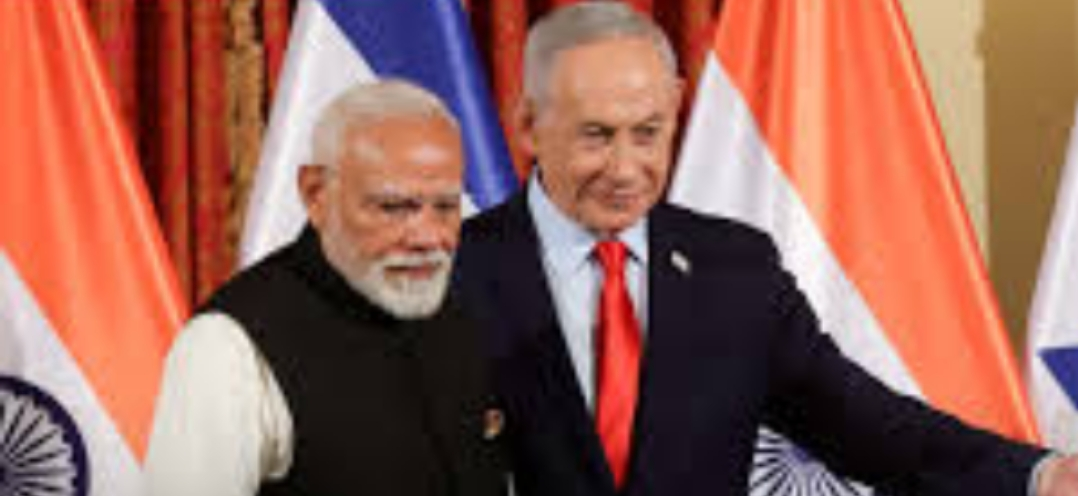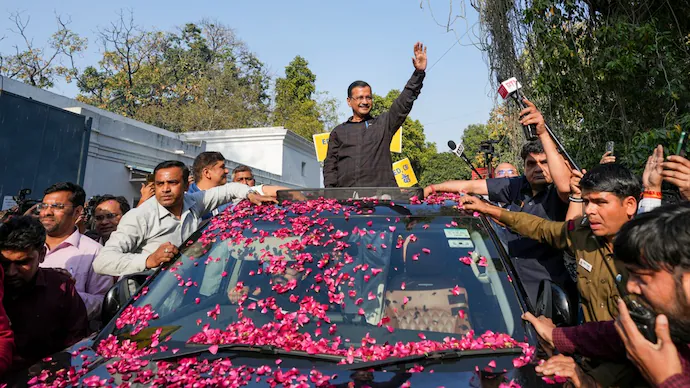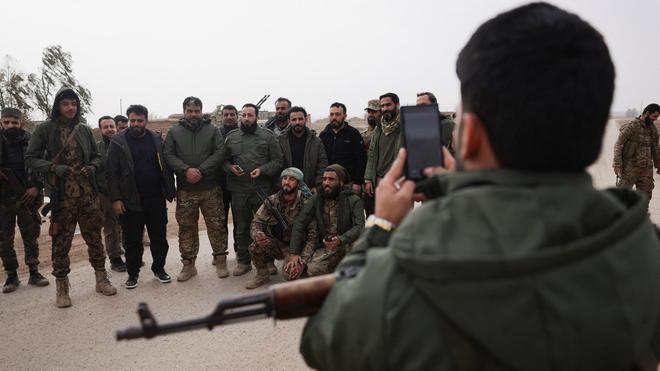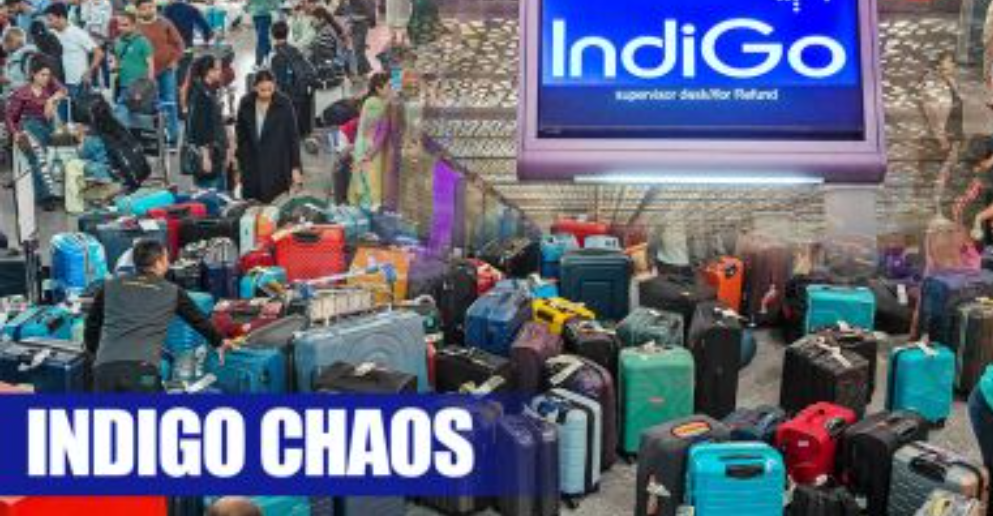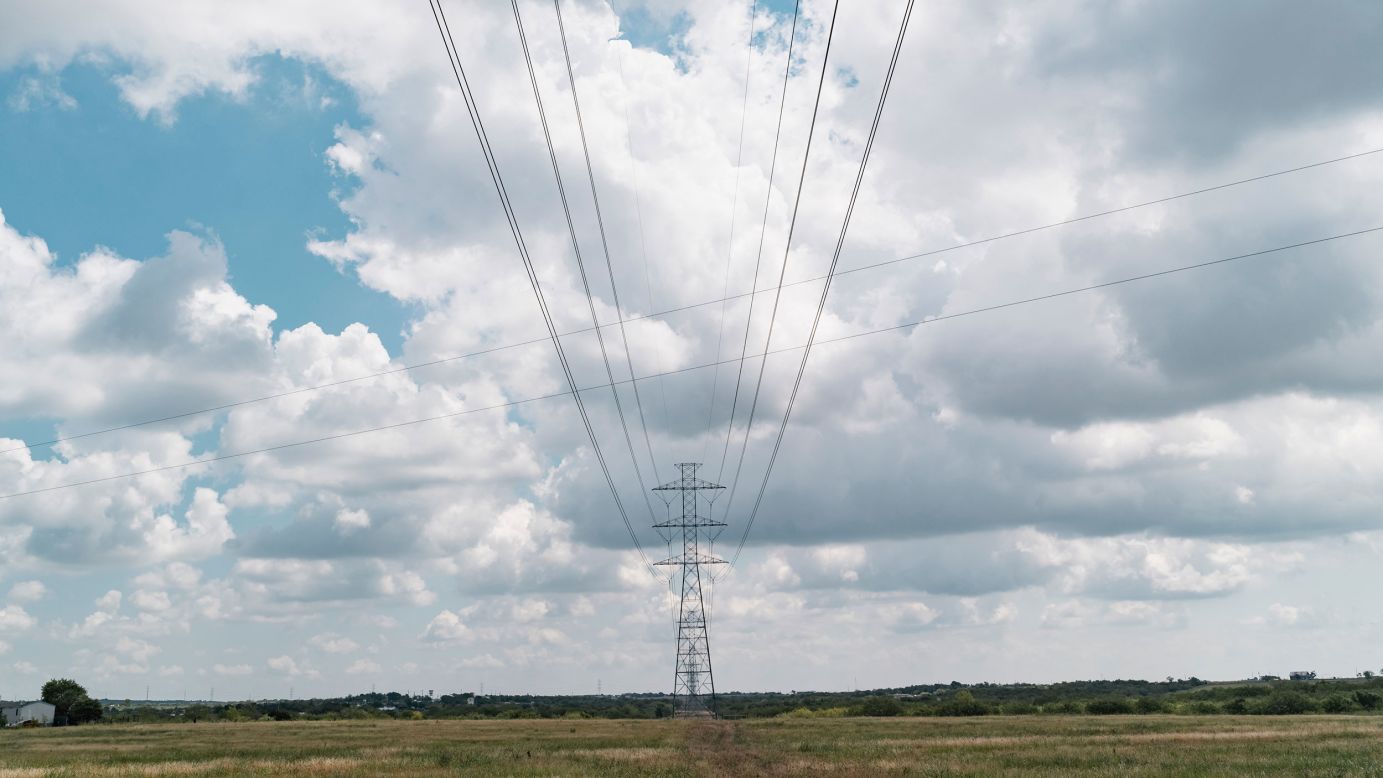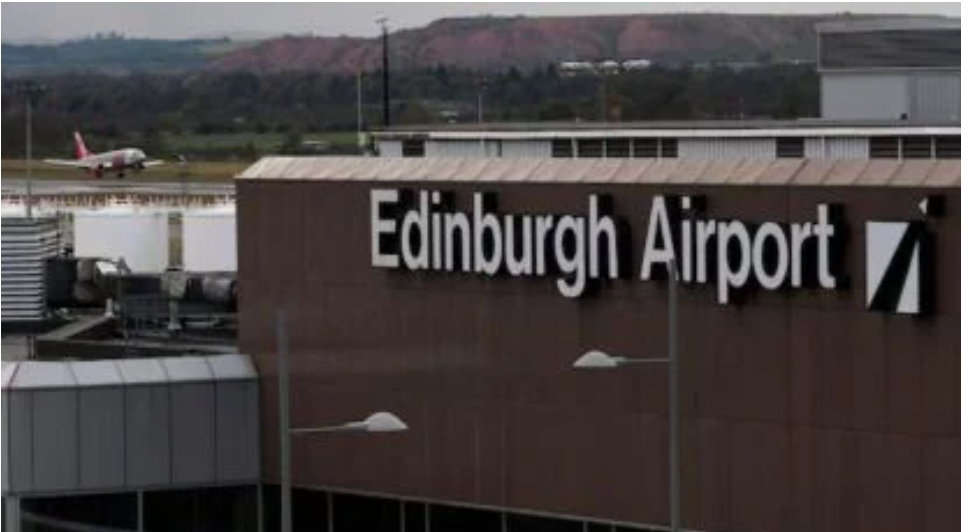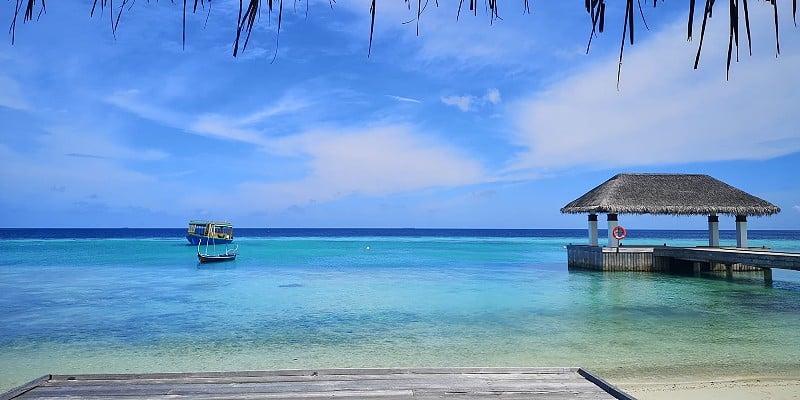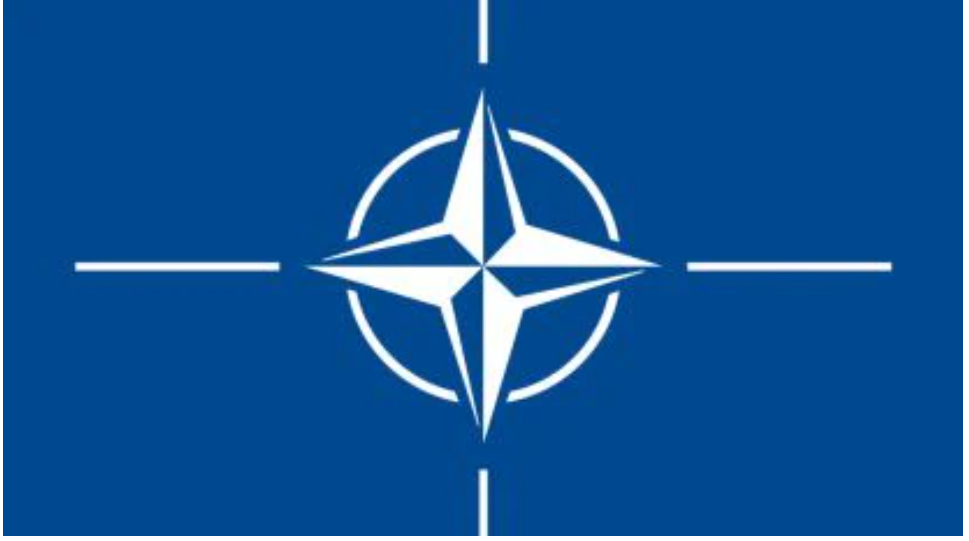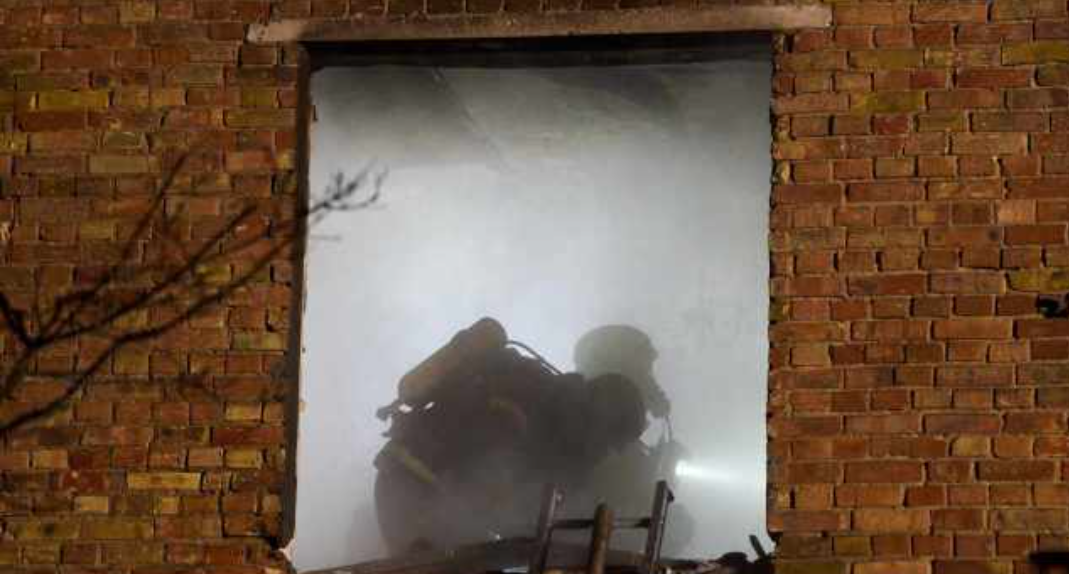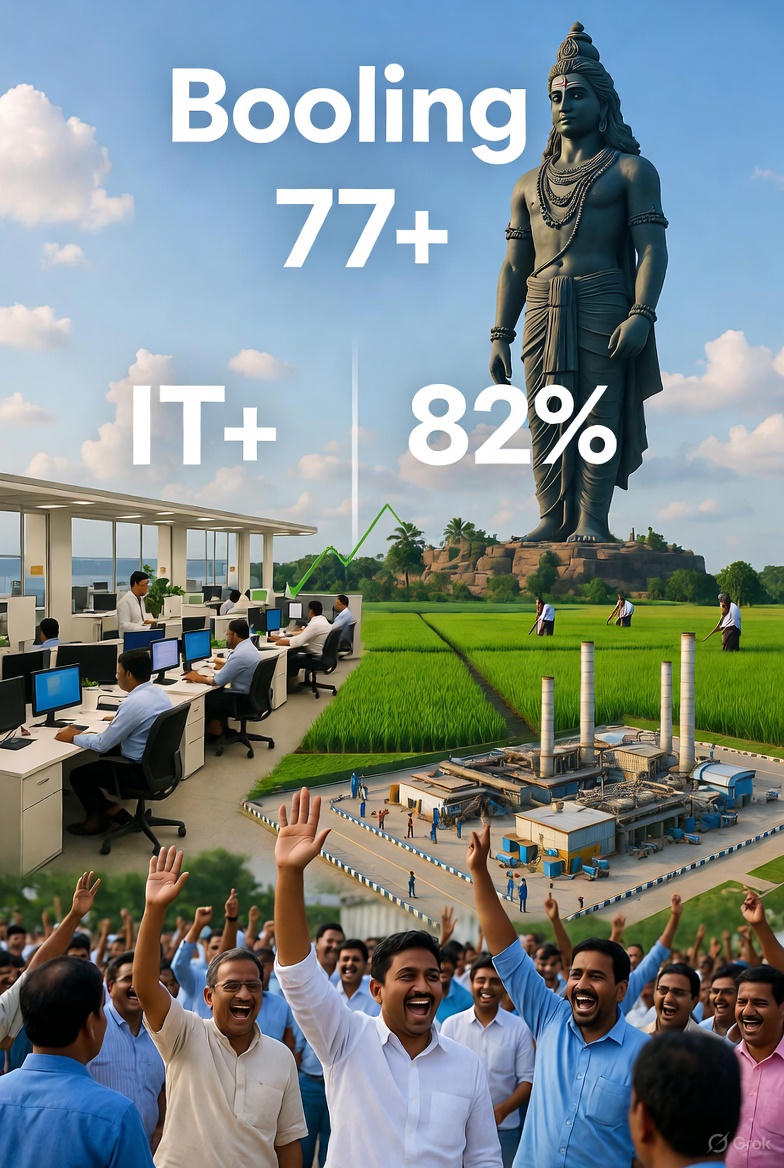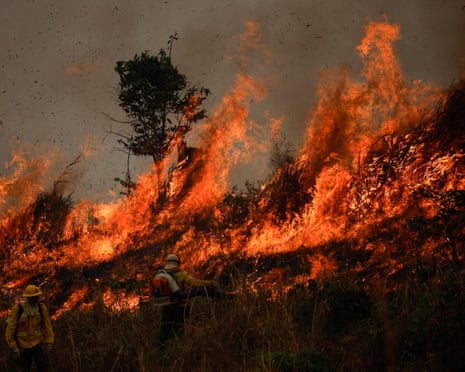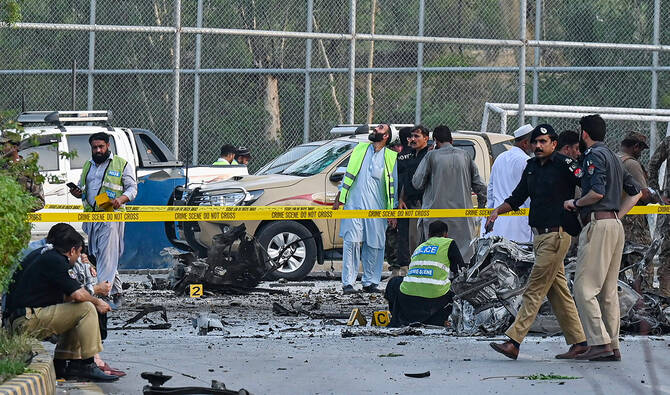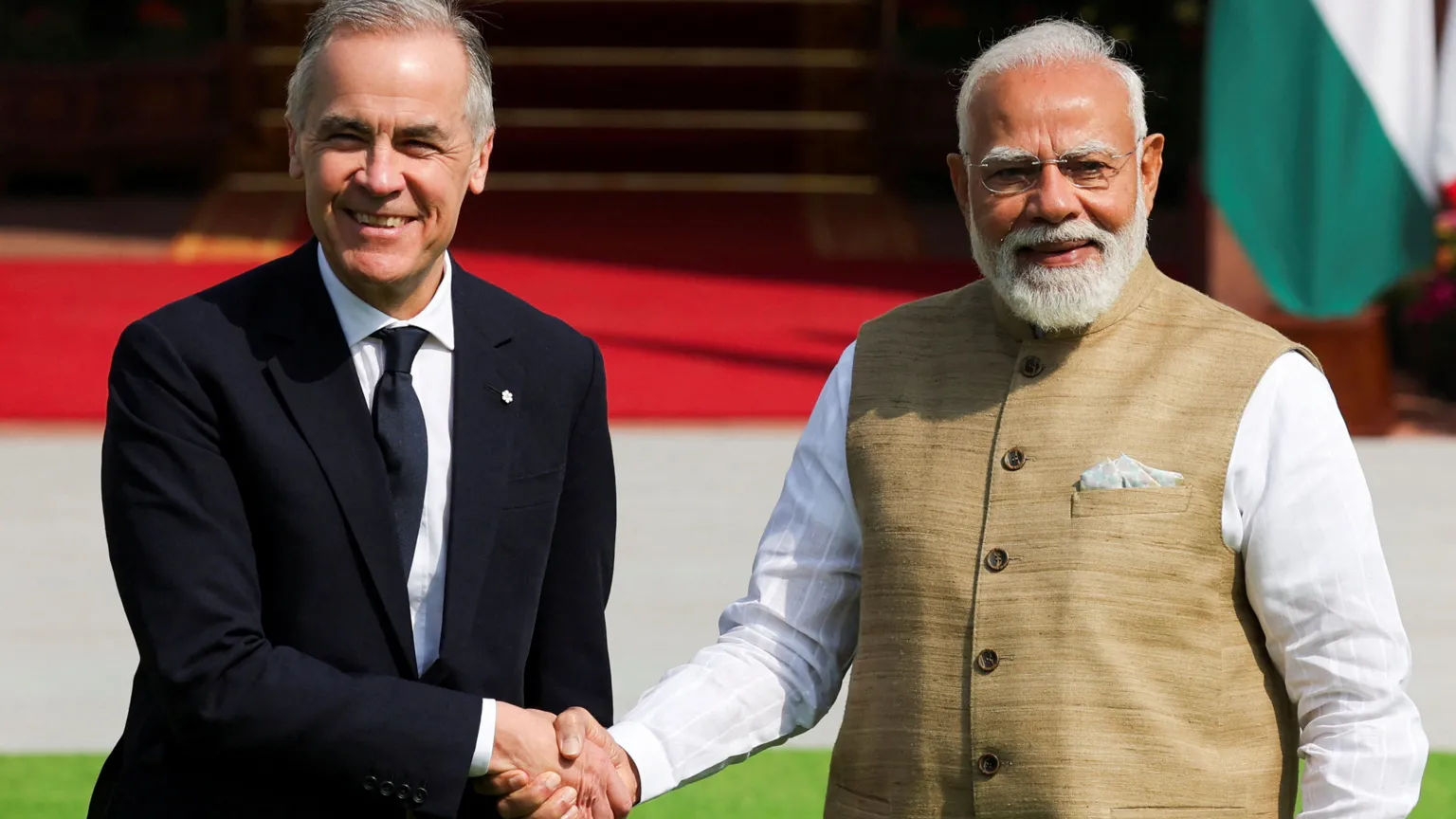By _shalini oraon

—
Exclusive: In Wake of Supreme Court Setback, Rural Ministry Signals Cautious Shift on MGNREGS in West Bengal
In a significant development that could impact millions of rural households, the Ministry of Rural Development has formally apprised the Prime Minister’s Office (PMO) that it may be compelled to consider the resumption of the Mahatma Gandhi National Rural Employment Guarantee Act (MGNREGS) in West Bengal, following a legal and political impasse that recently reached the doors of the Supreme Court. This internal communication, marking a potential softening of the Centre’s steadfast position, comes after the Supreme Court refused to entertain the Union government’s plea to withhold funds for the scheme based on alleged irregularities, effectively cornering it into exploring a compliance-driven path forward.
The backdrop of this bureaucratic maneuver is a bitter, two-year-long feud between the Narendra Modi-led central government and the Mamata Banerjee-led Trinamool Congress government in West Bengal. At the heart of the dispute is the Centre’s allegation of “massive corruption” and the diversion of funds within the state’s implementation of MGNREGS. In December 2021, the Centre abruptly halted the release of funds for the flagship rural jobs scheme, demanding a thorough probe and the installation of a central team-monitored transparency portal for real-time tracking of assets and beneficiaries.
For the rural poor of West Bengal, this political crossfire had dire consequences. The scheme, which guarantees 100 days of wage employment per financial year to every rural household, is a critical lifeline, particularly in a state prone to agrarian distress and seasonal migration. Its suspension left millions of workers in limbo, with pending wages running into thousands of crores of rupees, crippling local economies and exacerbating poverty.
The Supreme Court’s Nudge
The state government, after exhausting all political and administrative avenues, moved the Supreme Court. During a hearing, the bench, while acknowledging the seriousness of the corruption allegations, questioned the Centre’s blanket approach of withholding funds for an entire state. The court’s stance was clear: while the government has the right and duty to ensure proper utilization of funds, it cannot indefinitely suspend a statutory scheme meant for the welfare of the poor, especially without a concrete roadmap for resolution.
This judicial nudge, though not a direct order, served as a major setback for the Centre’s strategy. It signaled that the legal grounds for a perpetual freeze were shaky. Faced with the prospect of a judicial directive, the Rural Ministry has now initiated a course correction. In its communication to the PMO, the ministry has outlined that a continued hardline stance may be legally untenable and could backfire politically, painting the central government as anti-poor.
The Ministry’s Proposed Roadmap: A Phased and Conditional Resumption
Sources indicate that the Rural Ministry’s proposal to the PMO is far from an unconditional surrender. It is a carefully calibrated plan that seeks to balance legal compliance with its demand for accountability. The potential resumption is likely to be phased and heavily conditional, revolving around several key pillars:
1. Strengthened Aadhaar-Based Payments: The Centre is likely to insist on a 100% Aadhaar-Based Payment System (ABPS) for all wage transactions. This, it argues, would minimize the scope for ghost beneficiaries and siphoning of funds by ensuring wages are transferred directly to a verified bank account.
2. Mandatory Integration with National Monitoring Portal: The resumption would be contingent upon the West Bengal government fully integrating its MGNREGS operations with the central government’s National Mobile Monitoring System (NMMS) and a transparency portal. This would allow for real-time, geotagged attendance and monitoring of projects, making it difficult for local officials to fudge muster rolls.
3. Third-Party Social Audits: The ministry is proposing the deployment of independent, third-party agencies to conduct rigorous social audits of the work completed since the suspension and for all future projects. The state government would be required to act on the findings of these audits and initiate action against any officials or individuals found guilty of malfeasance.
4. Staggered Release of Funds: Instead of a full-fledged release of all pending amounts, the Centre may opt for a staggered fund release tied to the achievement of specific milestones in transparency and accountability. This would keep the pressure on the state administration to comply with the central directives.
Political Calculus and the Road Ahead
This potential shift is laden with political implications. For the ruling BJP at the Centre, which is making concerted efforts to expand its footprint in West Bengal, the continued suspension of MGNREGS was becoming a double-edged sword. While it allowed them to attack the Trinamool Congress on corruption, on the ground, the anger of deprived MGNREGS workers was increasingly being directed at the Centre for withholding wages. With general elections on the horizon, a prolonged impasse risked alienating the very voter base the BJP is trying to woo.
For the Trinamool Congress, the possible resumption would be touted as a major victory, a testament to its relentless political and legal campaign against the Centre’s “step-motherly treatment.” However, it would also put the state government under immense scrutiny to ensure a clean and efficient implementation of the scheme going forward. Any fresh allegations of corruption could provide the Centre with a fresh pretext for intervention.
The ball is now in the PMO’s court. A decision is expected after a high-level inter-ministerial consultation involving the Finance and Law Ministries. If the PMO gives its in-principle nod, the Rural Ministry will draft a formal memorandum of understanding (MoU) or a set of standard operating procedures (SOPs) to be signed with the West Bengal government.
The saga of MGNREGS in West Bengal is a stark reminder of the complex interplay between federal politics, welfare governance, and judicial oversight. The Rural Ministry’s cautious proposal to the PMO represents a pragmatic, if reluctant, acknowledgment that the weaponization of a welfare scheme ultimately hurts the most vulnerable. While the path to resumption is fraught with conditions and mutual distrust, it offers a glimmer of hope for millions of rural families in West Bengal, for whom MGNREGS is not a political headline, but a essential guarantee of dignity and survival.
Discover more from AMERICA NEWS WORLD
Subscribe to get the latest posts sent to your email.
